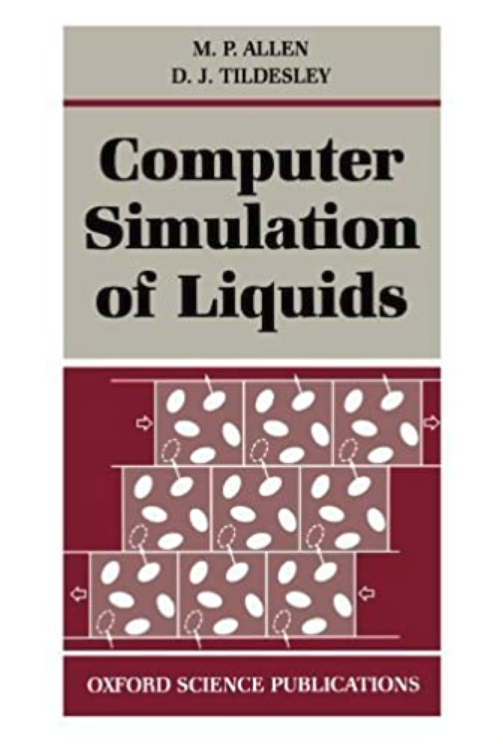At every university I visit, I try to make it a point to visit the local researcher groups, and there's one book that I see over and over and over again:

Modeling the effects of solvents is actually quite common in the research of many of the people here.
Furthermore if you look deeper into the discussions during the Definition Phase of Area51, you will see that the CFD software "ABAQUS" was brought up.
My recommended flow chart would be the following:
- If it is strictly a mathematics question about, for example, the Navier-Stokes equation, then you might get an answer faster at MathematicsSE or MathOverflow
- If it is strictly a numerics question about, for example, how to numerically solve the Navier-Stokes partial differential equations with a method that is stable and convergent, you might get an answer faster at ComputationalScienceSE
- If you are doing a fluid simulation using, for example LAMMPS or ABAQUS, and your question is not strictly about the mathematics, or numerical methods, but instead enters the applications realm, I sympathize that the question would be a bit of a black sheep on those sites. I personally would welcome you with arms wide open to this SE and I would quickly send a link of your question to all my colleagues working in fluid dynamics until your question is answered by one of us.
If I may cite what Rory Alsop recently said on the Drones SE chat, the idea is that if a question overlaps with multiple SE sites, then it is the asker's choice where to put the question if they think the question would be well received on a particular site, and the community/mods can help suggest a migration to a different site if it turns out that the question might get a more valuable response somewhere else:

Finally I would like to cite users Mark and Catija from the DronesSE Meta site, when asked whether or not a certain type of question was on topic:



